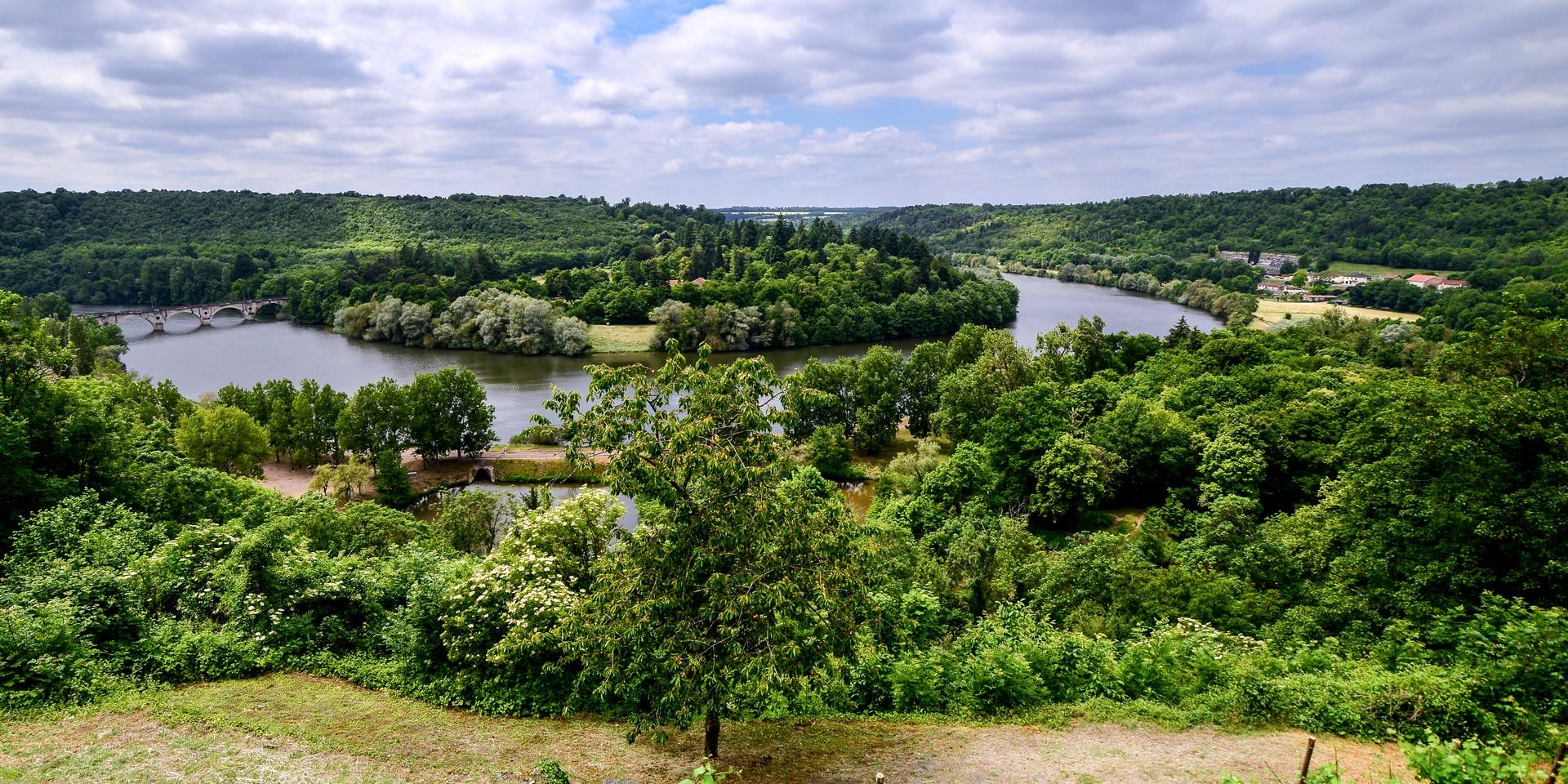Meurthe River

The Meurthe is a river in north-eastern France, it is the right tributary to the river Moselle. It is not merely a body of water; it is a cultural lifeline that has shaped the identity of the region for centuries. From ancient civilizations to modern-day communities, the Meurthe River holds a profound significance, weaving together a tapestry of traditions, artistry, and heritage. In this exploration, we delve into the cultural importance of the Meurthe River, unraveling the threads that connect it to the rich history and vibrant culture of France.
Historical Significance:
The Meurthe River’s cultural importance can be traced back to antiquity when it served as a vital artery for trade, commerce, and communication among ancient civilizations. From the Celts and Gauls to the Romans and medieval lords, the river played a central role in shaping the economic, social, and political landscape of the region. Its strategic location and navigable waters made it a hub of activity, attracting settlers, merchants, and travelers who left their indelible mark on its shores.
1. Ancient Settlements:
The Meurthe River valley has been inhabited since prehistoric times, with evidence of human presence dating back thousands of years. Ancient settlements and archaeological sites along the river’s banks provide insights into the lifestyles, customs, and beliefs of the early inhabitants, shedding light on the region’s rich cultural heritage. From megalithic monuments to Celtic and Roman ruins, the remnants of these ancient civilizations offer a glimpse into the past and the enduring legacy of the Meurthe River.
2. Medieval Strongholds:
During the Middle Ages, the Meurthe River became a strategic frontier between rival feudal lords and dynasties vying for power and control. Fortified castles and medieval strongholds sprung up along its course, serving as bastions of defense and centers of authority. These imposing structures, with their towering ramparts and majestic towers, stand as symbols of the region’s tumultuous history and the enduring spirit of its people. From the majestic Château de Lunéville to the picturesque ruins of Château de Pierre-Percée, the Meurthe River valley is dotted with architectural marvels that speak to its medieval heritage.
Artistic Heritage:
Beyond its historical significance, the Meurthe River has inspired generations of artists, writers, and musicians who have captured its beauty and essence through their creative endeavors. From landscape paintings and literary works to musical compositions and theatrical performances, the river has served as a muse for artistic expression, reflecting the soul of the region in all its glory.
1. Impressionist Masterpieces:
During the 19th century, the Meurthe River valley became a focal point for the Impressionist movement, with renowned artists such as Claude Monet and Pierre-Auguste Renoir captivated by its ethereal beauty and luminous landscapes. Their evocative paintings, with their vivid colors and dynamic brushwork, immortalized the idyllic charm of the Meurthe, capturing the fleeting moments of light and atmosphere that define the region’s allure.
2. Artisanal Traditions:
In addition to fine art, the Meurthe River valley is home to a rich tradition of artisanal craftsmanship, with local artisans preserving age-old techniques and skills passed down through generations. From pottery and glassblowing to textile weaving and woodcarving, the region’s artisans create exquisite works of art that reflect the natural beauty and cultural heritage of the Meurthe. Visitors can explore traditional workshops and ateliers, witnessing firsthand the mastery and dedication that goes into each handcrafted piece.
Cultural Traditions:
The Meurthe River valley is steeped in cultural traditions and folklore, with a rich tapestry of customs and celebrations that have endured through the ages. From religious festivals and seasonal rituals to folk music and dance, the region’s cultural heritage is alive and thriving, offering visitors a glimpse into the soul of France.
1. Festive Celebrations:
Throughout the year, the Meurthe Valley comes alive with a myriad of festive celebrations and cultural events that bring communities together in joyous revelry. From vibrant street parades and colorful processions to traditional feasts and artisan markets, there’s always something exciting happening along the river’s banks. Whether it’s the medieval pageantry of the Nancy Renaissance Festival or the enchanting melodies of the Saint-Nicolas Parade, these cultural traditions serve as a testament to the enduring vitality and spirit of the Meurthe River valley.
2. Culinary Delights:
No exploration of the Meurthe River’s cultural importance would be complete without indulging in the region’s culinary delights. From hearty stews and savory quiches to delicate pastries and artisanal cheeses, the gastronomic offerings of the Meurthe Valley reflect the diversity and richness of French cuisine. Local markets and gourmet restaurants showcase the finest ingredients and culinary traditions of the region, inviting visitors to savor the flavors of the Meurthe with every delicious bite.
Conclusion:
In conclusion, the Meurthe River stands as a testament to the enduring legacy of France’s cultural heritage, weaving together centuries of history, artistry, and tradition into a vibrant tapestry of cultural significance. From its ancient origins to its modern-day celebrations, the river continues to inspire and enchant all who journey along its banks, offering a glimpse into the soul of northeastern France. Whether exploring its historic landmarks, admiring its artistic masterpieces, or partaking in its cultural traditions, the Meurthe invites travelers to embark on a journey of discovery and appreciation for the rich cultural tapestry that defines this iconic waterway.
Know More about the Meurthe River.
What are The Religious Places of the Meurthe River?
When Did The Meurthe River Basin Become a Focus?
Where is The Meurthe River Located?
Who Were The Key Historical Figures and Civilizations of The Meurthe River?
How to Reach Meurthe River?




